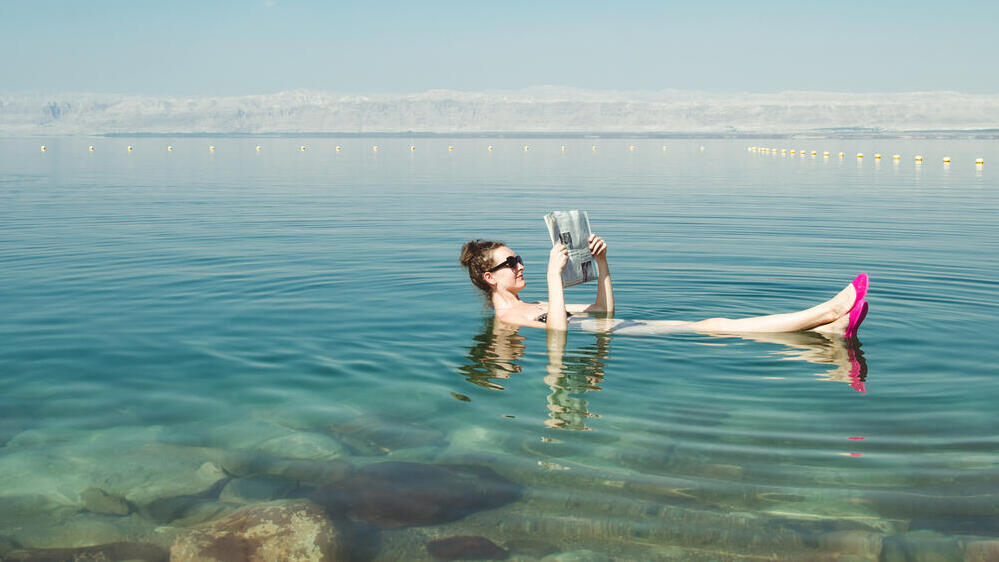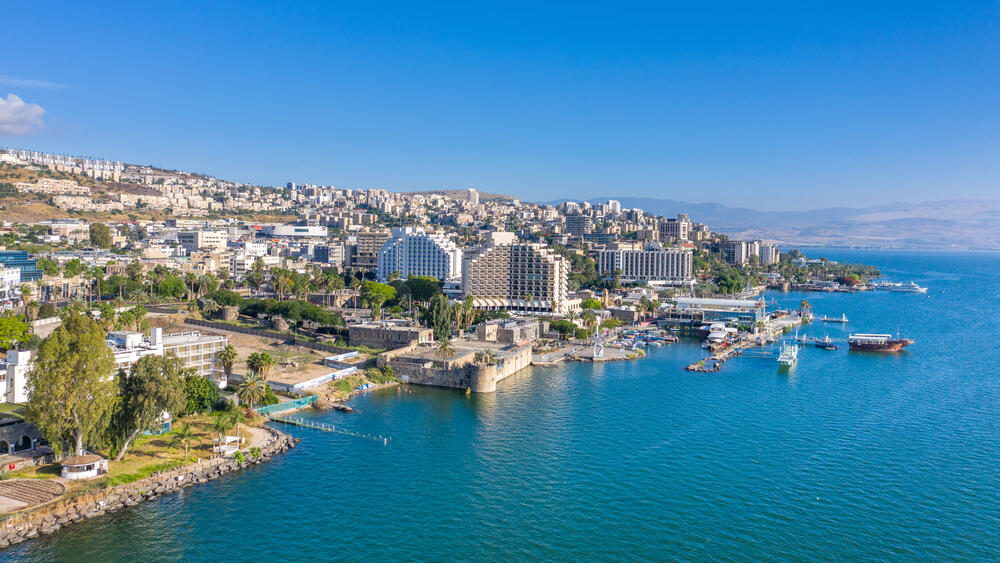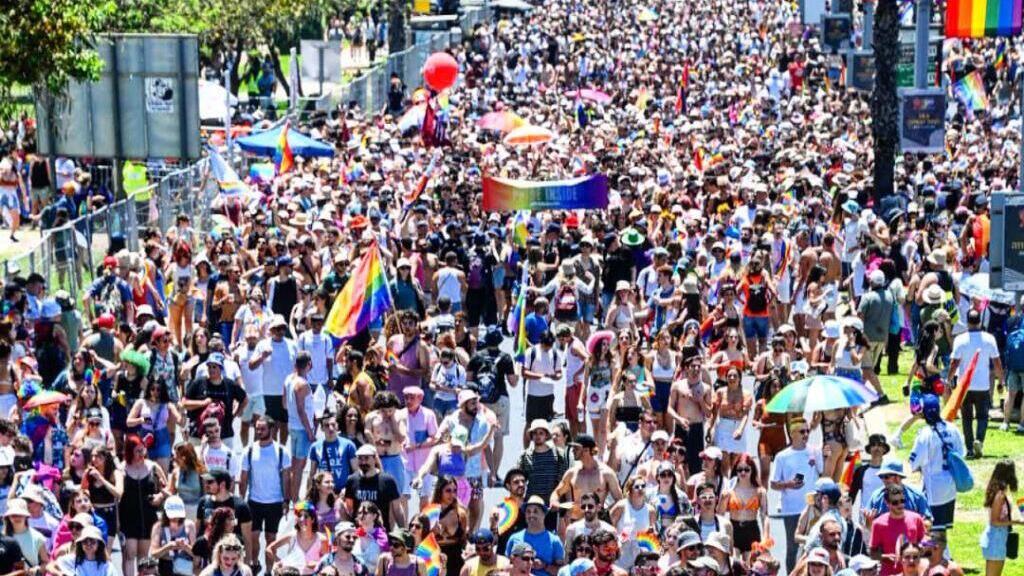Despite a relative lull in fighting and a ceasefire on Israel's northern border, inbound tourism to Israel remains stagnant, Yossi Fattal, director of the Incoming Tour Operators Association, told Ynet.
“Right now we’re seeing about one million tourist entries a year,” Fattal said. “But a third of those aren’t tourists—they’re people visiting family. At its peak in 2019, Israel welcomed 4.9 million tourists. We’re back to COVID-era numbers. Even for this Friday’s Pride Week events, which used to draw international crowds, turnout is low—it’s become a fully local event this year.”
Fattal said the damage to the sector is massive. “Inbound tourism used to be Israel’s fifth-largest export sector, generating about NIS 40 billion ($10.7 billion) and accounting for 7% of national exports. That figure has now dropped to just 2%.”
He added that around 15% of jobs in Israel’s periphery depend on tourism. “Cities like Tiberias, Nazareth and Safed have no economy without it,” he warned. “The problem isn’t just security—it’s our global image, which has collapsed over the past year. International reputation is a strategic asset for any country.”
Get the Ynetnews app on your smartphone: Google Play: https://bit.ly/4eJ37pE | Apple App Store: https://bit.ly/3ZL7iNv
Fattal noted that Israel has allocated NIS 556 million ($149 million) in its 2025 budget to the Foreign Ministry to help address the crisis, but added, “It’s a massive sum—and completely ineffective.”
When asked what the country could do to help, Fattal said tourists themselves could serve as unofficial ambassadors. “We proposed a plan to the Foreign Ministry to encourage tourists to share their experiences—photos, hashtags, posts—in exchange for benefits. That’s far more effective than traditional marketing.”
He added that Israel must show the world what life is really like in the country. “Tel Aviv is alive, cafés are full. But abroad, all they see are horrifying images from Gaza. The state isn’t doing anything to fix that.”
“We need to stop apologizing and start responding. Right now, the global conversation is dominated by anti-Israel individuals, with almost no effective counter-message. Israel doesn’t even have a national public diplomacy director.”
Even if the war ends, Fattal warned, the damage is long-term. “Even if the war ends tomorrow, the reputational damage is already ingrained and will haunt us for a long time. The Foreign Ministry claims it’s bringing influencers to Israel but we don’t see it. We’ll know we’re welcome abroad only once tourists start returning.”
The workforce in inbound tourism has also been decimated. “Of the 3,000 people who used to work in this industry, only a third remain,” he said. “Hotels managed to stay afloat during the war thanks to evacuees but now they rely solely on foreign tourists.”
 Yossi FattalPhoto: Incoming Tour Operators Association
Yossi FattalPhoto: Incoming Tour Operators AssociationTourism Minister Haim Katz managed to secure NIS 70 million ($18.7 million) in 2023 to help retain 1,000 workers. “No other industry in Israel is in worse shape than ours,” said Fattal. “It still feels like October 8. And unlike other sectors, we can’t hire replacements overnight—it takes three years to train someone.”




